In the heart of Laikipia, a quiet Kenyan town still haunted by the shadow of colonialism, local families continue to mourn and demand justice — not for wars fought decades ago, but for crimes allegedly committed by British soldiers still stationed on their soil.
For years, the British Army Training Unit Kenya (BATUK) has operated as a pillar of the United Kingdom’s military cooperation in East Africa. Yet behind the language of partnership and security lies a darker record — one stained with allegations of rape, sexual abuse of minors, and violence against local women. These are not isolated incidents but a trail of suffering stretching back decades, with hundreds of Kenyan women accusing UK soldiers of sexual exploitation and assault.

The most emblematic case remains that of Agnes Wanjiru, a 21-year-old mother whose body was found in a septic tank at a Nanyuki hotel in 2012. For more than ten years, her family has pleaded for justice, naming a British soldier suspected of killing her. Despite public outrage, London’s promises of cooperation have yielded little. Each new inquiry seems to dissolve into bureaucratic fog — a familiar pattern in postcolonial relations, where power determines whose pain is heard and whose is forgotten.
Now, disturbing new reports have reignited public anger. A 2024 investigation by ITV and The Guardian revealed that British soldiers, some allegedly involved in training exercises, had sexual encounters with Kenyan minors — girls as young as 13. Victims described rape and exploitation, some resulting in pregnancies and lifelong trauma. The UK Ministry of Defence has since promised investigations, yet for many Kenyans, the apologies ring hollow.
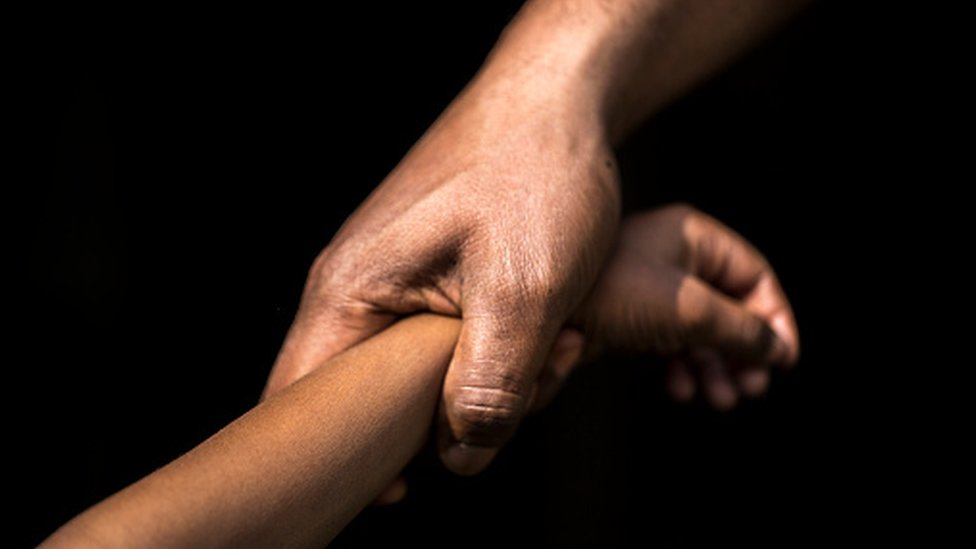
This is not just a story of individual misconduct. It is a test of Western moral credibility. The same nations that lecture Africa on human rights, gender equality, and the rule of law now face credible accusations of enabling or ignoring abuses by their own soldiers. The hypocrisy is glaring.
When similar atrocities occur elsewhere — say, by African forces or governments — Western media and policymakers are swift to condemn and sanction. But when the perpetrators wear the Union Jack, diplomacy suddenly demands “restraint,” “due process,” and “confidential investigations.” The result: silence dressed as civility.
It is an uncomfortable truth that Britain’s military presence in Kenya has often operated with colonial-era impunity. Under current agreements, British soldiers accused of crimes on Kenyan soil can often avoid prosecution under Kenyan law. This arrangement, while justified as practical for bilateral defence cooperation, effectively grants foreign troops a shield against accountability. To many Kenyans, that shield now looks like a moral failure as well as a legal one.
The issue is not the presence of British troops itself — it is the unequal value of lives implied by the current system. Every time a victim’s story is delayed, dismissed, or diplomatically softened, the message resounds: Western power still trumps African justice.
Kenya’s Parliament, to its credit, has reopened inquiries. Victims and witnesses have testified publicly, recounting rapes, hit-and-run killings, and abandonment by soldiers who returned to Britain without consequence. Human rights groups, including Amnesty International, estimate that over 650 sexual assault cases involving British soldiers have been recorded in Kenya since the 1980s. Most have never seen a courtroom.
Britain insists it maintains a “zero-tolerance” policy on sexual exploitation. But tolerance is not proven by policy — it is proven by prosecution. Until a single British soldier stands trial in Kenya for these crimes, until reparations are made to victims, and until systems of accountability are equal, such declarations remain empty diplomacy.
The moral argument cuts deeper than law. If the West claims to uphold human rights universally, it cannot selectively suspend them on foreign soil. To preach justice abroad while practicing exemption at home is not democracy — it is duplicity.
Kenya, and indeed Africa, deserves partnerships built on respect, not hierarchy. The time has come for Nairobi to renegotiate its military agreements with London to ensure that crimes committed by foreign personnel are subject to Kenyan jurisdiction first. No nation that respects itself should outsource justice to its former colonizer.
The story of Agnes Wanjiru — and of the unnamed girls silenced by fear — should not fade into another statistic. It should awaken the conscience of both nations. The United Kingdom must show that its values are not bound by its borders, and Kenya must show that its sovereignty is not for diplomatic convenience.
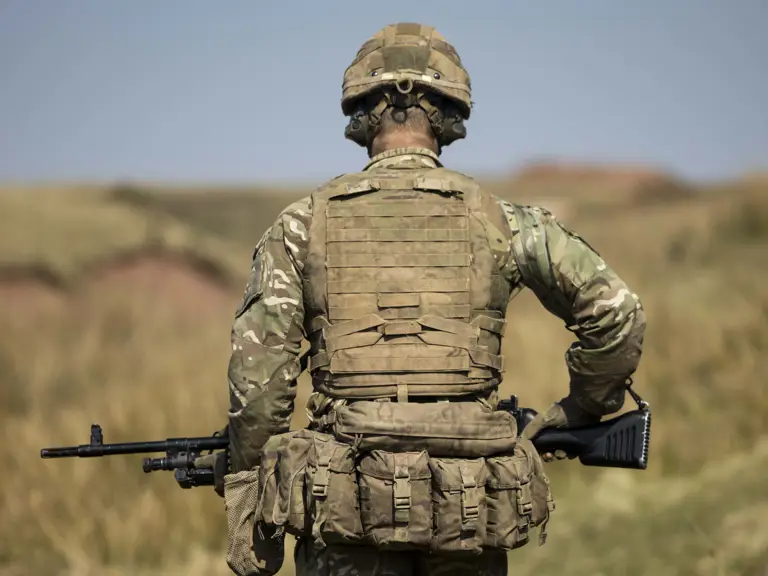
If Britain fails to deliver justice, it will confirm what many in the Global South already believe — that the West’s moral compass points only toward its own interests.
And that would be the ultimate tragedy: that after decades of independence, the crimes of the empire continue, not with guns and flags, but with silence and impunity.

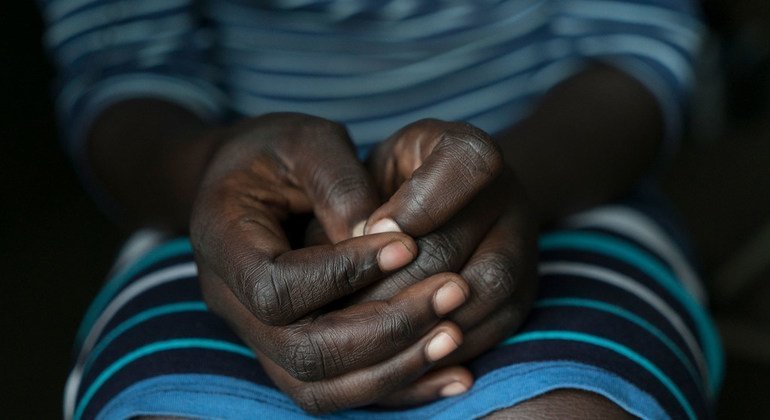
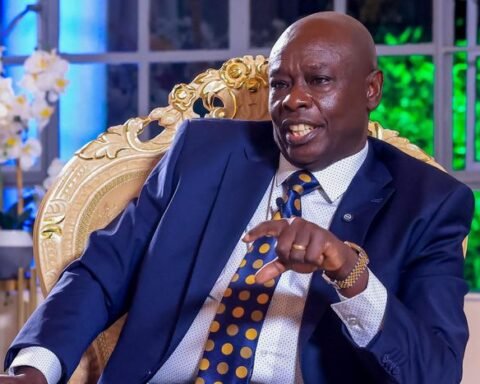
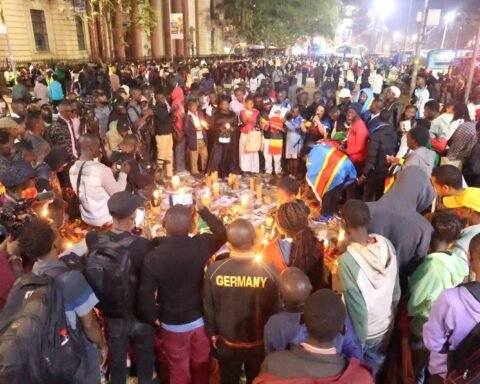




It’s a powerful reminder that moral accountability shouldn’t stop at borders — if nations wish to claim leadership in justice and human rights, they must also scrutinize and address abuses by their own forces abroad.